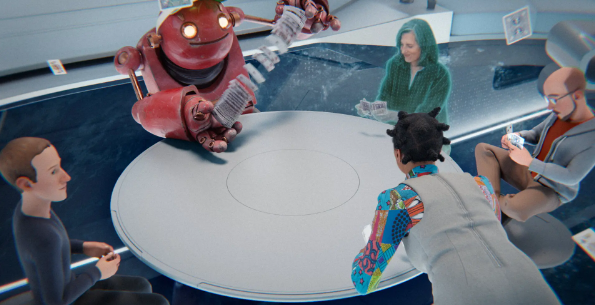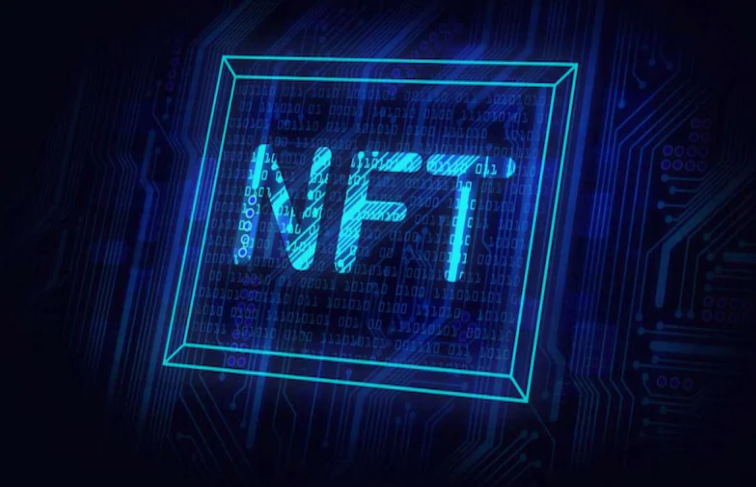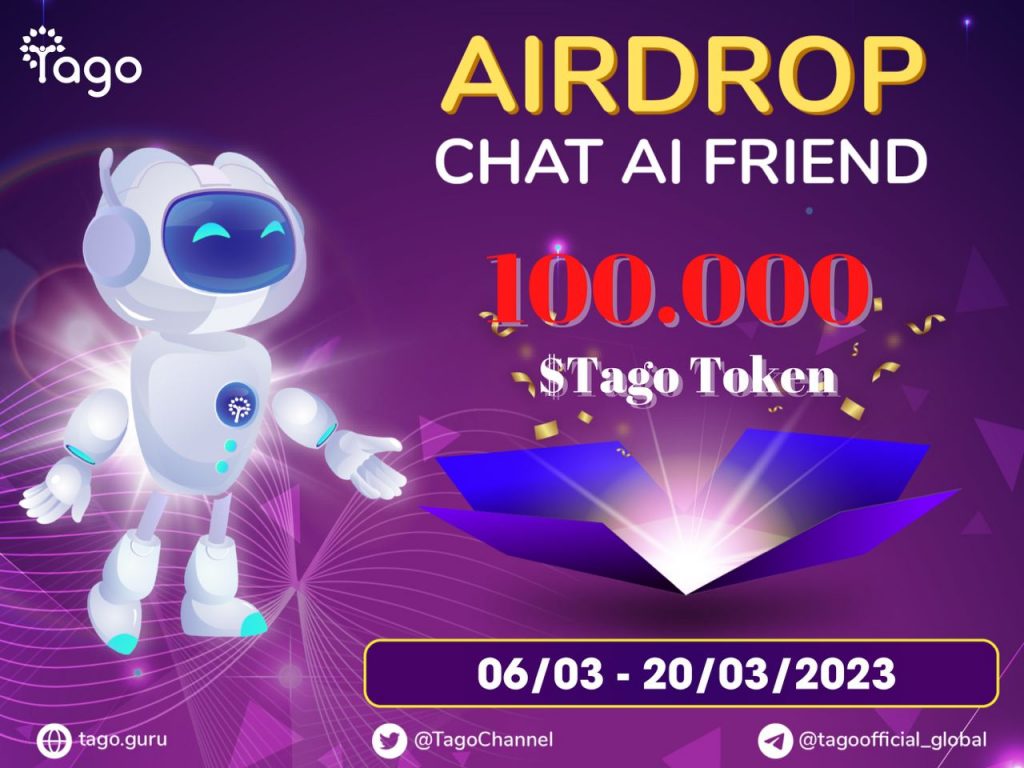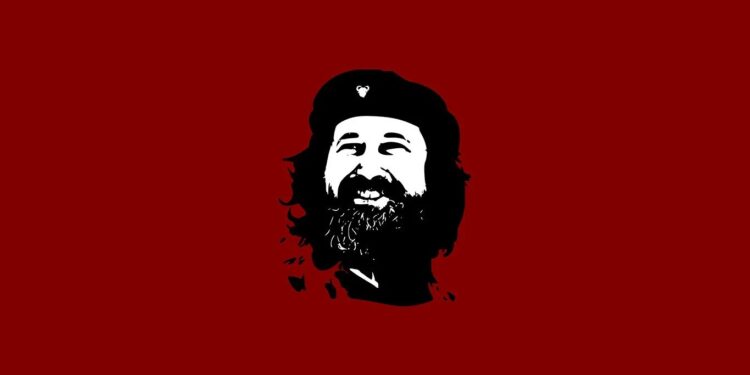
In a recent interview, Christian Grothoff stated that the system is designed for a “post-blockchain” world. It is based on blind signatures, a cryptographic technique created by David Chaum, whose DigiCash was one of the first attempts to create a secure electronic currency. Additionally, Taler’s goal of establishing a digital currency that will withstand government and payment company surveillance connects it to many other cryptocurrency initiatives.
However, Taler makes no effort to circumvent central authority. Payments are processed through openly controlled “exchanges” rather than peer-to-peer networks of miners, as Grothoff claims such a system would once again facilitate money laundering. Indeed, in contrast to the anti-government ethos that has tended to define Bitcoin and several of its competitors, Taler’s design is deliberately aimed at preventing tax evasion.
Actually, Richard Stallman supports him. Stallman talks about the Taler encryption of the cryptocurrency blockchain. GNU Taler, unlike Bitcoin, is not a cryptocurrency but a payment mechanism intended for anonymous trade cancellations. In addition, the payer uses a signature or token, one of which is required for each transaction, to obtain funds from the system. So is it a substitute for Bitcoin?
Meanwhile, an essay published in Security, Privacy, and Applied Cryptographic Engineering describes GNU Taler as adhering to ethical concerns. The anonymity of the customer is maintained while the trader is identified and taxed. Richard Matthew Stallman claims that GNU Taler is not a cryptocurrency and that you can use your bank account to buy Taler tokens. Let’s explore why Stallman talks about cryptocurrency blockchain GNU Taler encryption.
Richard Stallman talks about encryption Cryptocurrency Taler
Richard Matthew Stallman, better known by his initials RMS, is an American programmer and activist in the free software movement. It advocates that software be distributed so that users are free to use it, study it, share it, and modify it. Richard Stallman spoke at length on a variety of topics, including the need for freedom-respecting packaging systems, during a 92-minute presentation on Wednesday, April 13, 2022 that addressed the condition of the free software movement. But Stallman also revealed his innermost feelings on a subject close to the hearts of Slashdot readers: “privacy and currency: I won’t order from online stores, because I can’t pay them.” Furthermore, Stallman talks about the Taler encryption of the cryptocurrency blockchain.
According to him, payment systems require the use of non-free JavaScript, for example. And to pay remotely, you have to use a credit card, which involves tracking, which you also want to avoid. He considers the inability to order something remotely while remaining anonymous to be a major societal concern. However, GNU Taler is part of the solution to this problem. You will be able to get a Taler token from your bank, or a large number of Taler tokens, and then use them to make anonymous payments. There is also a network of Web3 payment solutions.
Stallman claims that we produced and distributed these copies at his request. If users have these four fundamental freedoms, they have both individual and group power over the program. Stallman emphasizes that when the free software movement began in 1983, there were those who appreciated the free programs that our community had created, but felt that our ideology was too extreme because it focused on good and evil, as opposed to convenience, success, etc.
CBDC and the Concept of Privacy
People in the crypto and general technology communities have been talking about the Chinese government’s goal of developing its own central bank digital currency (CBDC), as well as the Bank of Thailand’s plans to launch a project. . to pilot its CBDC payment system with the largest supplier of building materials in the country. Both issues have drawn a lot of attention in recent months. Dr. Richard Stallman is known for his involvement in the free software movement. His speeches and writings focus on one concept: freedom.
To promote the idea of free software, Stallman started a number of projects, including the GNU Project, the Free Software Foundation, and the GNU General Public License, to name a few. This particular word was the impetus behind all these initiatives. Dr. Stallman, often referred to as RMS, has insights into the notion of cryptocurrencies that have been frequently discussed in the cryptocurrency world.
Three Freedoms
Since “open source” is often misattributed to Stallman’s work, Stallman discusses the GNU Taler encryption of the cryptocurrency blockchain and clarifies the distinction between “free software” and “open source” to clarify the concept. of freedom that he frequently discusses in his talks. . Considers that the concept of free software is a matter of good and bad. According to him, “what I would really like is a way to make purchases anonymously in various types of stores and unfortunately that would not be feasible for me with Bitcoin.”
He said that using a cryptocurrency exchange would allow the corporation and ultimately authorities to identify him. When asked what he thought about the so-called privacy coins, Stallman said he had an expert examine their potential and “for each one he would point out some serious issues, perhaps in their security or scalability.” Stallman went on to say, “If Bitcoin was privacy-protective, I probably would have found a way to use it by now.”
Fortunately, Stallman’s GNU Project has a superior solution: The GNU Project, started by Stallman, is developing Taler, an alternative digital payment system that is based on encryption but is not a cryptocurrency. Therefore, privacy in the Taler system is limited to transactions involving digital currency. They are protected from monitoring because, as Grothoff explained, “the exchange cannot distinguish between Client A, Client B, and Client C when a coin is redeemed, as they all appear identical to the exchange.”
He believes that “no one knows exactly who has how many chips.” On the other hand, merchants (or anyone receiving payments) do so openly and conspicuously, allowing governments to assess taxes on their income and making it harder for recipients to engage in money laundering. Taler is currently in talks with European banks to allow withdrawals to the Taler wallet and redeposits from the Taler system to the traditional banking system.
If the business can ship the item you bought to a drop box in your neighborhood, the store will never need to know your identity. There is a planned US law called KOSA that would require forced age verification of users, which means mandatory identification of users, likely involving facial recognition. Stallman mentioned this concern earlier in his speech. And it would be present in every commercial software application and electronic service with an Internet connection.
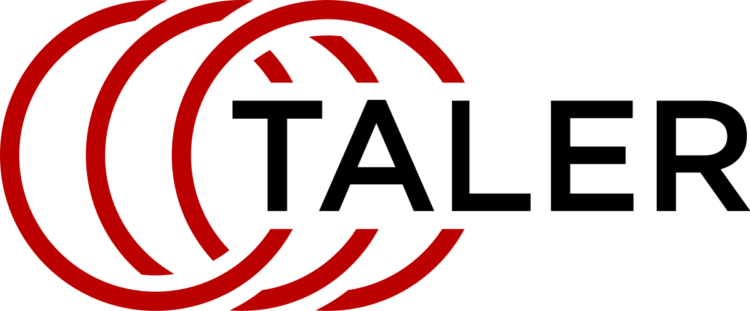
When Stallman talks about the Taler encryption of the cryptocurrency blockchain, he shares his thoughts, saying that it is apparently for the protection of children. This is one of the most common justifications for surveillance and repression: to protect children. Whether it would actually protect anyone is questionable, but they hope that will not be verified. You can always come up with a strategy that is absolutely ineffective and will suppress everyone. Stallman said: “If a government implements that method, I don’t see it as a contradiction. But if the government uses it as a surveillance device, I think it’s vicious.”
Speaking of the privacy offered by cryptocurrencies, the pioneer of the Free Software Movement pauses to define the meaning of the word “privacy”. “What is privacy? Privacy means being able to say and do things without being aware that some powerful entity can use them to attack you. In general, things you make shouldn’t go into a database. The things you say to some people shouldn’t go into a database.”
Now, deviations from this are occasionally justified. We want a federal investigation. This requires some editing. We want the government to investigate criminal activity and arrest offenders. Even if you have obtained the token of a certain bank account at a specific time, you will not be able to know it. In order to deposit your payment into your own bank account, the retailer (the payee) must identify themselves. This provides privacy in a much more reliable way than Bitcoins and prevents the use of this system to facilitate tax evasion.
Recently, GNU Taler reached an important milestone. A few months ago, the eurozone banking system became interested in facilitating Taler payments, and they recently managed to collect Taler tokens using one bank account and transfer them to another bank account through the Taler system using a test setup. Currently no one can use it, but that will change soon, which will be really exciting.

